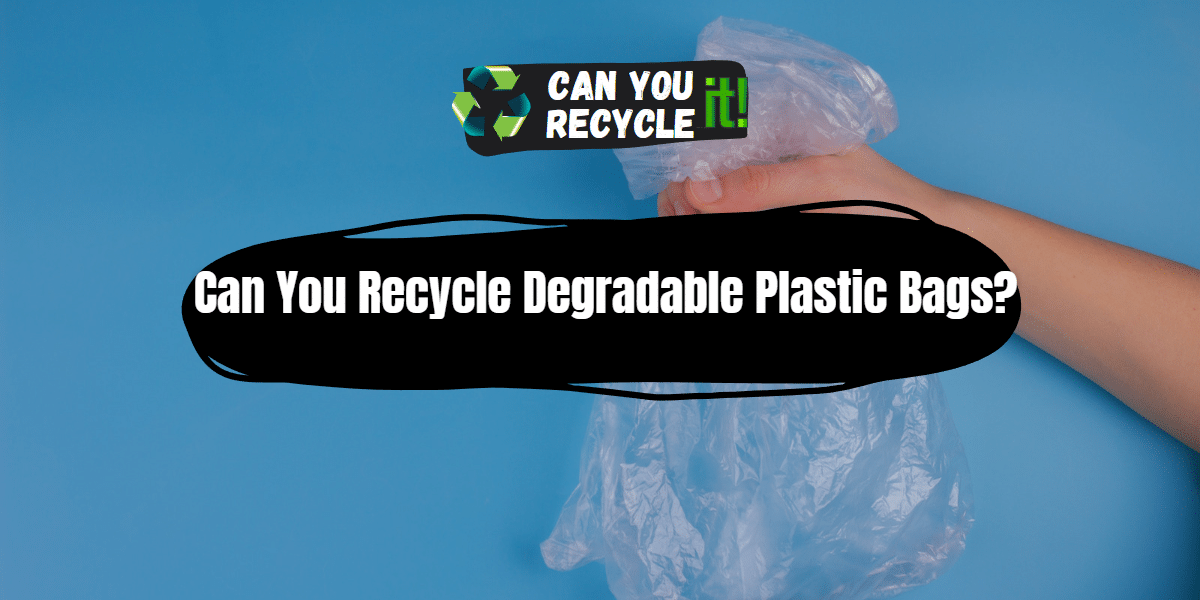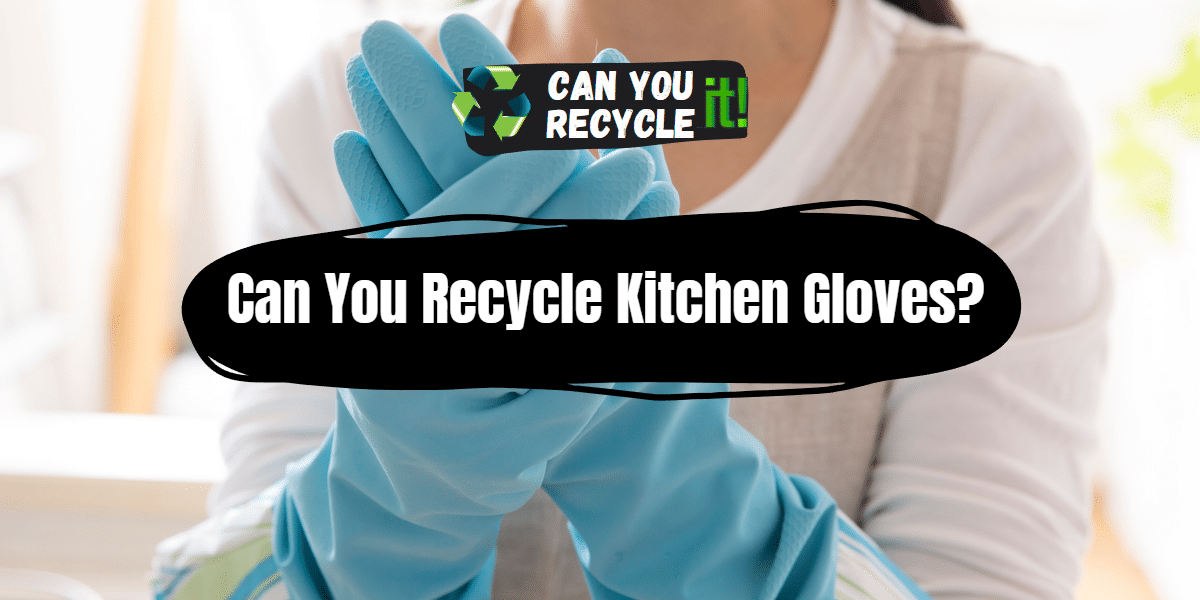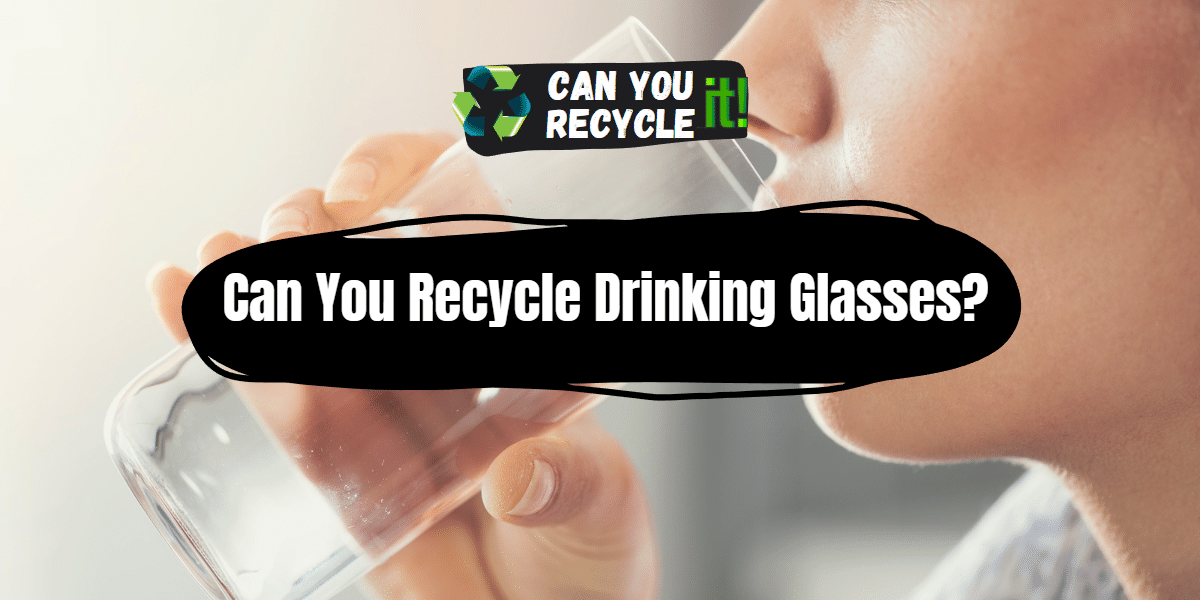The answer to whether degradable plastic bags can be recycled is not a simple yes or no.
While these bags are designed to break down more readily than traditional plastic bags, their recycling potential depends on various factors, such as the type of degradable plastic used and the recycling facilities available in your area.
Plastic pollution is a significant environmental concern, and efforts to reduce its impact have led to the development of degradable plastic bags. These bags are designed to break down over time, offering a potential solution to the plastic waste problem. However, when it comes to recycling degradable plastic bags, there are some complexities to consider.
In this article, we will explore whether degradable plastic bags can be recycled and the dos and don’ts of handling them. Additionally, we’ll provide a step-by-step guide on recycling regular plastic bags and discuss alternative options for dealing with degradable bags that cannot be recycled. Let’s dive in!
Table of Contents
Do’s and Don’ts
When it comes to handling degradable plastic bags, here are some dos and don’ts to keep in mind:
Dos
- Check local recycling guidelines: Before assuming that degradable plastic bags can be recycled, it’s crucial to check the specific guidelines provided by your local recycling facility. Some facilities might accept these bags, while others may not have the infrastructure to process them properly.
- Reuse when possible: If the degradable plastic bags are still in good condition, consider reusing them before disposing of them. Reusing bags reduces the need for new ones and extends their lifespan.
- Separate from regular plastic bags: When recycling, make sure to separate degradable plastic bags from regular plastic bags. This helps recycling facilities identify and process them correctly.
Don’ts
- Please put them in regular plastic recycling: Avoid placing degradable plastic bags in regular plastic recycling bins unless explicitly instructed to do so. Mixing them with other plastics can contaminate the recycling stream and hinder the recycling process.
- Dispose of them as compostable waste: Degradable plastic bags should not be treated as compostable waste unless they are specifically labeled as such. The degradable process may not align with composting conditions, leading to potential issues in the composting process.
5-Step Guide to Recycle Degradable Plastic Bags
Recycling degradable plastic bags requires specific steps to ensure proper handling. Follow this five-step guide to recycle degradable plastic bags effectively:
Step 1
Check the material composition: Examine the degradable plastic bag to determine the specific material used. Different degradable plastics may have varying recycling requirements.
Step 2
Confirm local recycling options: Research local recycling facilities or contact your municipal recycling center to verify if they accept degradable plastic bags. If they do, inquire about any special instructions or sorting requirements.
Step 3
Clean and dry the bags: Before recycling, ensure that the degradable plastic bags are clean and free from contaminants. Wash or wipe them down if necessary, and let them dry completely.
Step 4
Bundle or separate the bags: Bundle multiple degradable plastic bags together or separate them from other recyclables to prevent tangling or confusion during recycling. Follow your local recycling facility’s guidelines for proper bundling or separation methods.
Step 5
Deposit in designated recycling bins: Place the clean, dry, and bundled/separated degradable plastic bags in the designated recycling bins or drop-off points as your local recycling facility instructed.
What to Do with Degradable Plastic Bags That Cannot Be Recycled
In some cases, degradable plastic bags may not be recyclable due to various factors, such as the lack of local recycling facilities or specific material composition. When faced with non-recyclable degradable plastic bags, consider the following alternatives:
- Reuse or repurpose: Explore creative ways to reuse the bags daily. They can be used for storage, as liners for small trash cans, or as protective covers for delicate items during transportation.
- Switch to compostable bags: If available, consider using compostable bags made from renewable materials as an alternative to degradable plastic bags. These bags are specifically designed to break down in composting environments and can be an eco-friendly choice.
- Dispose of in-general waste: If no other options are viable, dispose of non-recyclable degradable plastic bags in the general waste bin. While this is not an ideal solution, it is better than littering or contaminating recycling streams.
Environmental Impact of Recycling Degradable Plastic Bags
Recycling degradable plastic bags can have positive environmental impacts, but understanding the larger context is essential. While recycling reduces the waste sent to landfills and conserves resources, degradable plastics, even when recycled, still have certain limitations:
- Energy consumption: Recycling degradable plastic bags requires energy, primarily during the sorting and reprocessing stages. This energy consumption contributes to carbon emissions and environmental impact.
- Downcycling potential: In some cases, degradable plastics may not be recycled into the same quality of products as their original form. They may undergo downcycling, using recycled material for lower-grade applications.
- Circular economy considerations: Recycling is just one part of a comprehensive circular economy. To minimize the environmental impact of degradable plastic bags, reducing overall plastic consumption, improving product design, and promoting compostable alternatives should also be considered.
FAQs for Can You Recycle Degradable Plastic Bags
Are degradable plastic bags the same as biodegradable bags?
No, degradable and biodegradable bags are different. Degradable bags break down into smaller pieces over time, while biodegradable bags decompose naturally into organic matter.
Can I compost degradable plastic bags at home?
It depends on the specific degradable plastic and your home composting setup. Some degradable plastics may not meet the necessary conditions for home composting, so check the packaging or consult composting guidelines.
Are degradable plastic bags a sustainable alternative?
Degradable plastics have their limitations in terms of recyclability and environmental impact. Opting for reusable bags or compostable alternatives made from renewable materials is generally more sustainable.
Final Thoughts 💭
The recyclability of degradable plastic bags varies based on local recycling capabilities and material composition. Before assuming that degradable bags can be recycled, it is crucial to consult local recycling guidelines and facilities. Proper handling, such as segregation and reusing whenever possible, can significantly reduce plastic waste. Remember to explore alternative options for non-recyclable degradable bags and consider the environmental impact of recycling within the broader context of a circular economy. Together, we can make informed choices to mitigate plastic pollution and strive for a more sustainable future.





Leave a Reply